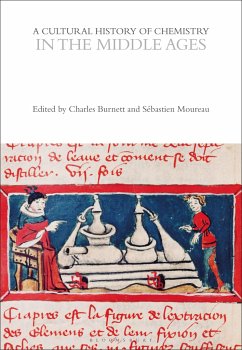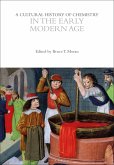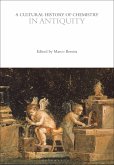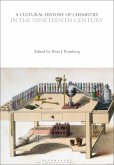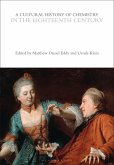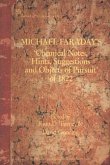A Cultural History of Chemistry in the Middle Ages covers the period from 600 to 1500 in European and Islamic cultures. Arabic theories and terminology for the science of matter were introduced into the West and became known as 'alchemy'. Based in experiment and innovation - and bound up in networks of mining, manufacturing, trade and commerce - alchemical practice largely focused on the production of new substances through various processes. At the same time, alchemy was deeply theoretical, exploring the development of mineralogy, the perfection of corruptible matter, the prolongation of life, and the cure of diseases. The six-volume set of the Cultural History of Chemistry presents the first comprehensive history from the Bronze Age to today, covering all forms and aspects of chemistry and its ever-changing social context. The themes covered in each volume are theory and concepts; practice and experiment; laboratories and technology; culture and science; society and environment; trade and industry; learning and institutions; art and representation. Charles Burnett is Professor of the History of Islamic Influences in Europe at the Warburg Institute, UK. Sébastien Moureau is Assistant Professor at the FNRS, attached to the University of Louvain, Belgium. A Cultural History of Chemistry in The Middle Ages is the second volume in the six-volume set, A Cultural History of Chemistry, also available online as part of Bloomsbury Cultural History, a fully-searchable digital library (see www.bloomsburyculturalhistory.com). General Editors: Peter J. T. Morris, University College London, UK, and Alan Rocke, Case Western Reserve University, USA.
Hinweis: Dieser Artikel kann nur an eine deutsche Lieferadresse ausgeliefert werden.
Hinweis: Dieser Artikel kann nur an eine deutsche Lieferadresse ausgeliefert werden.

